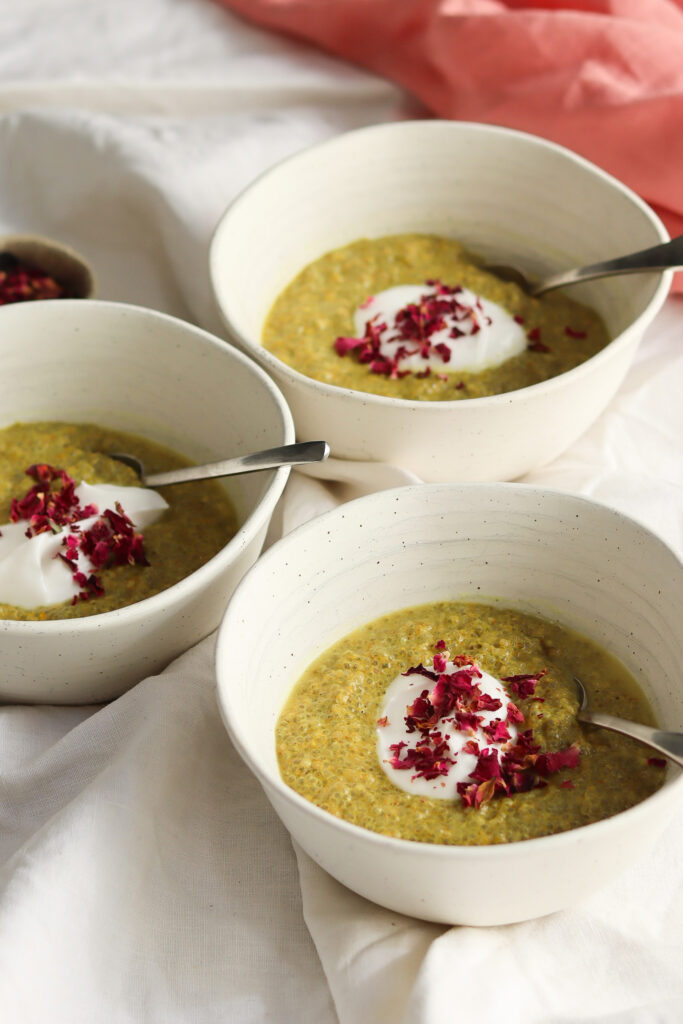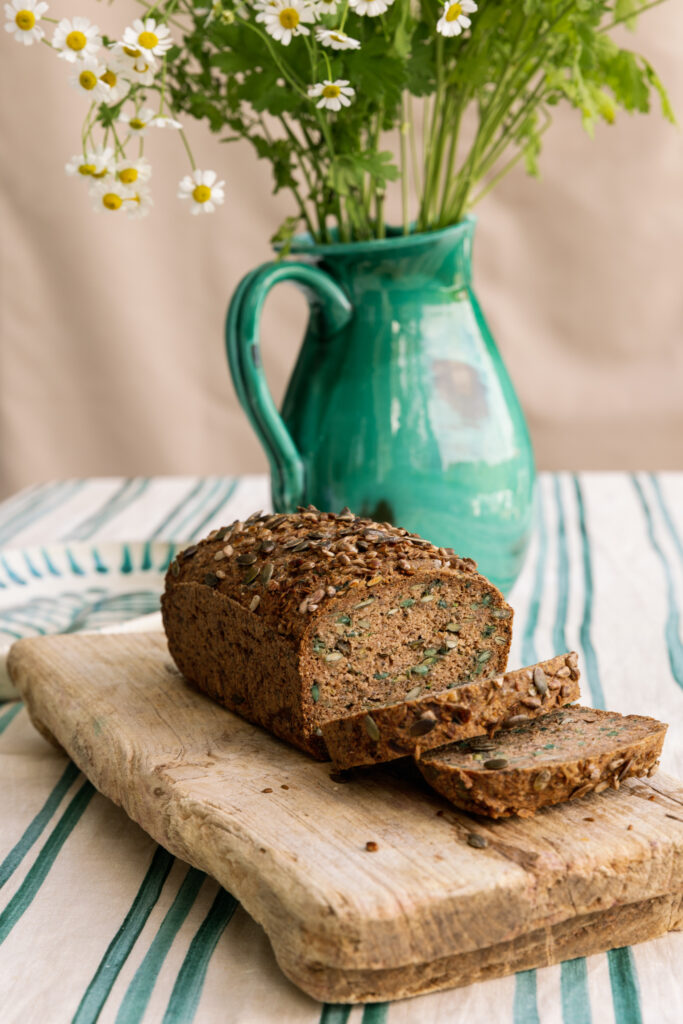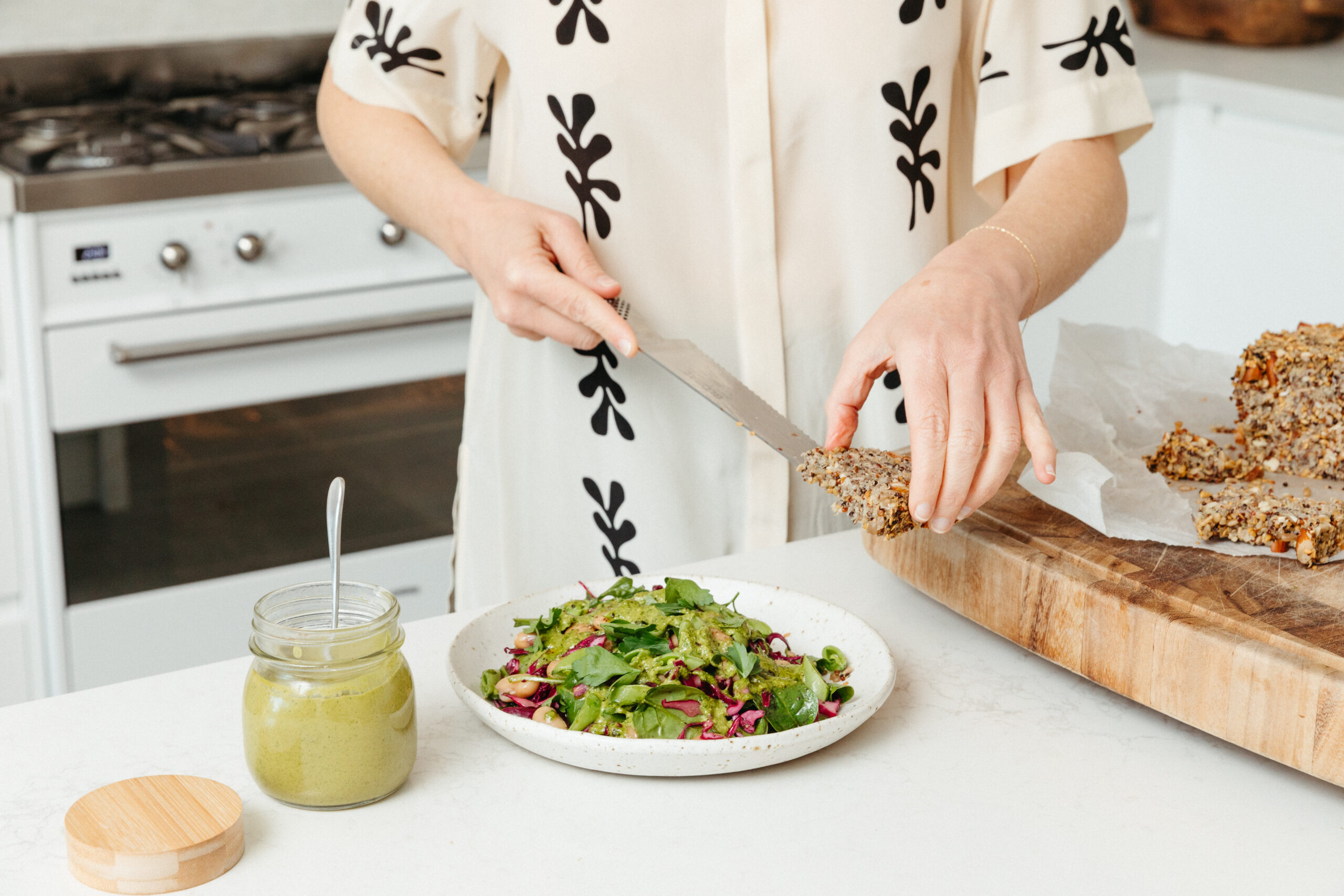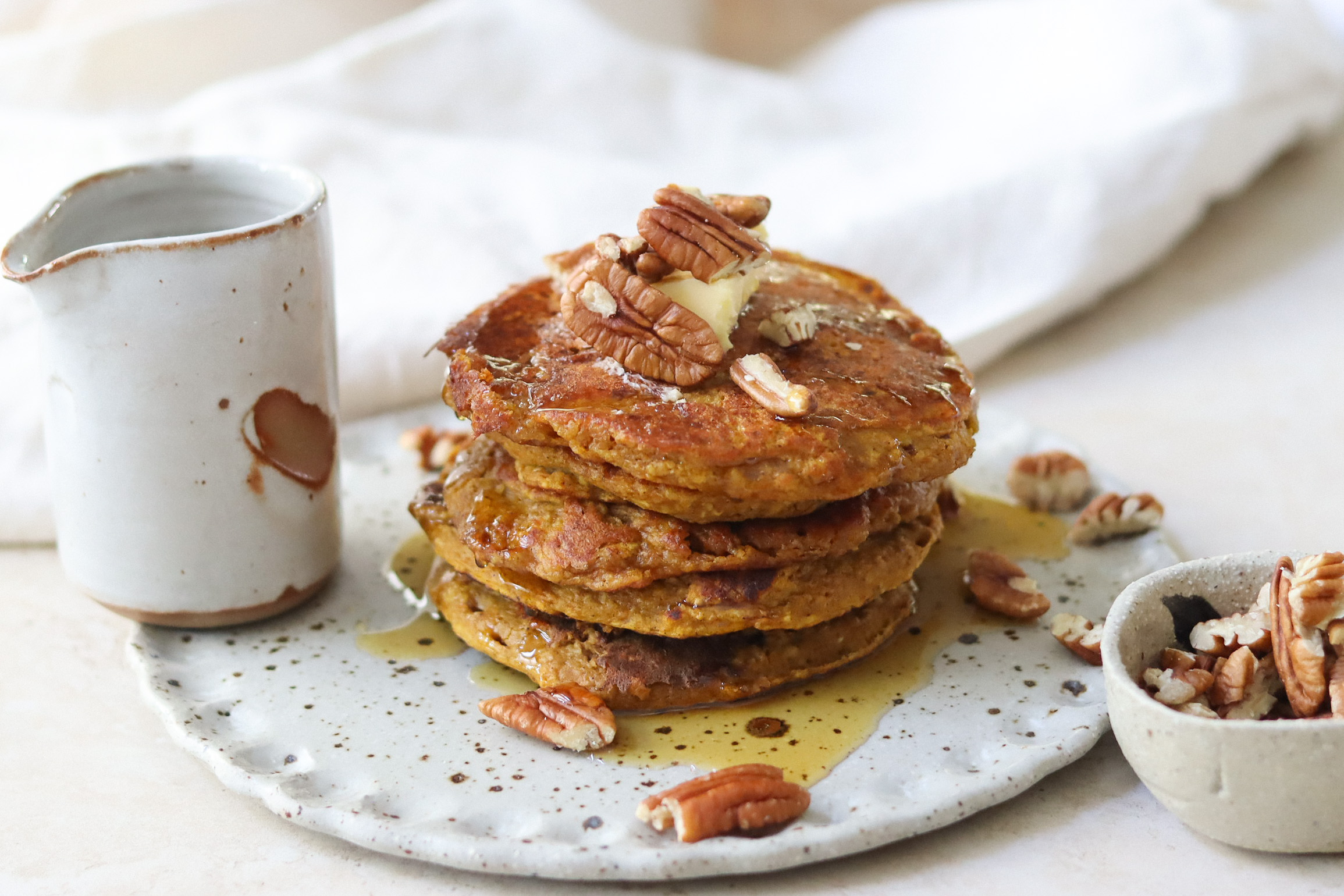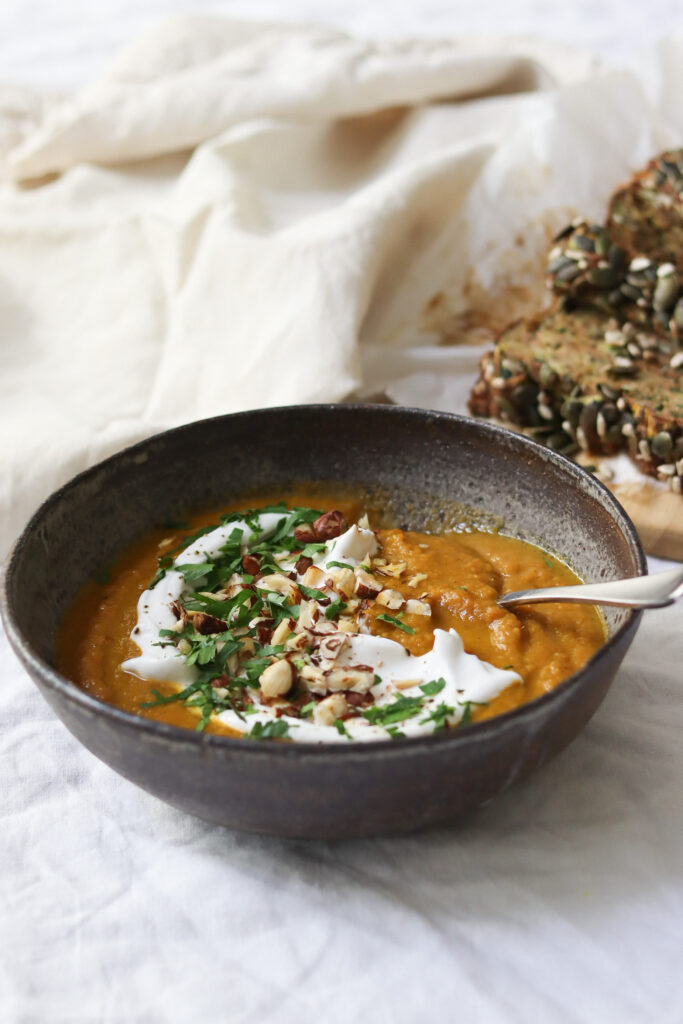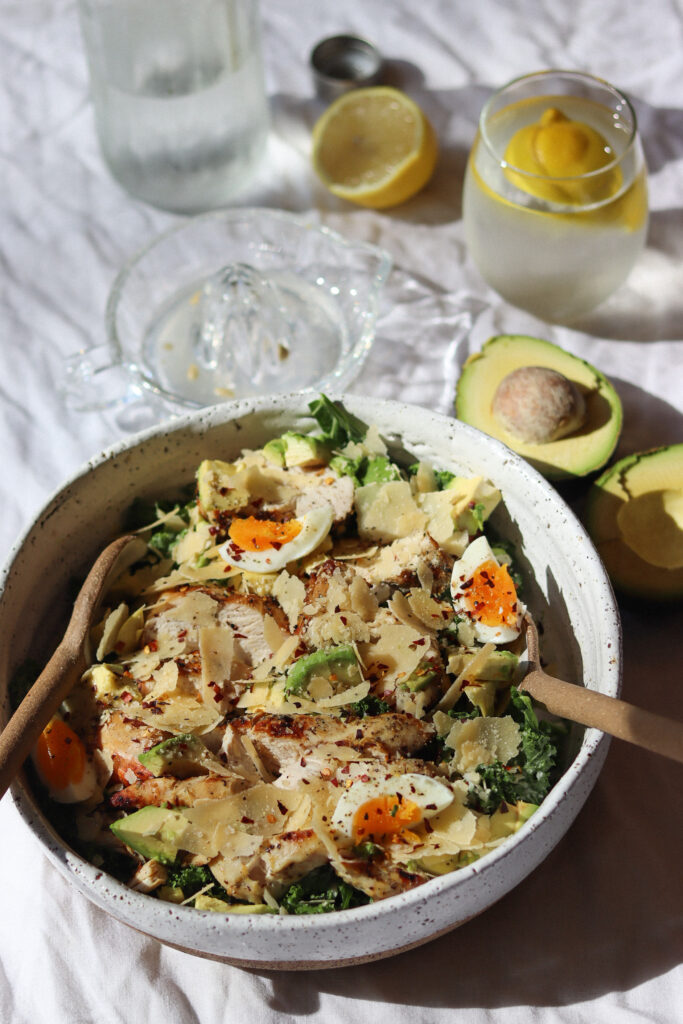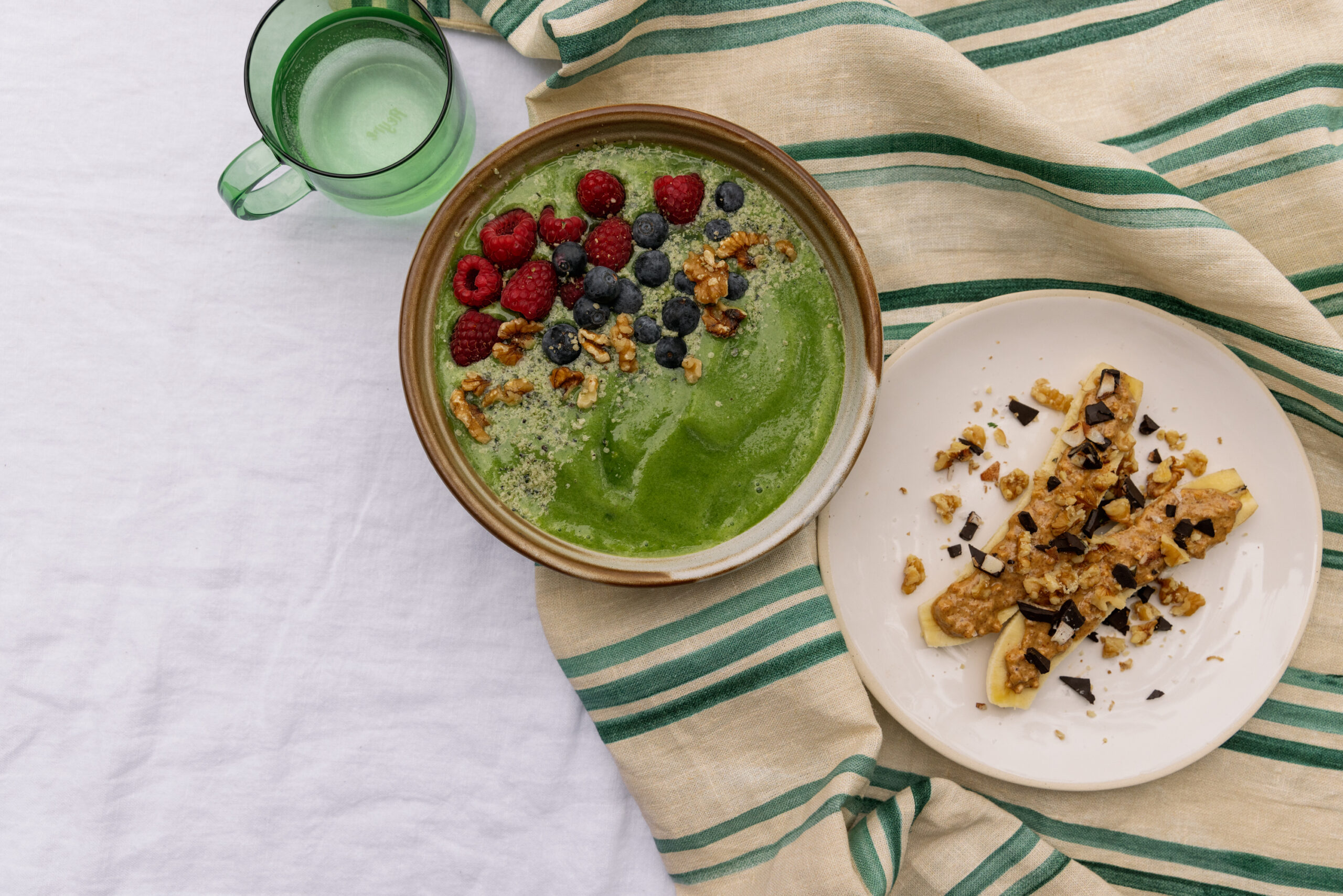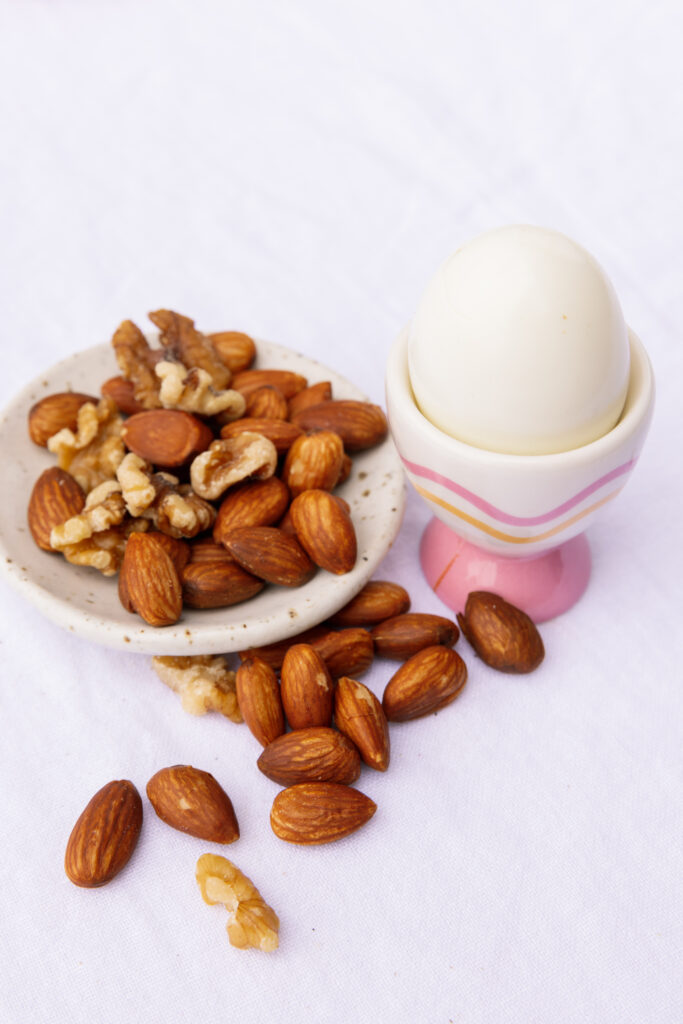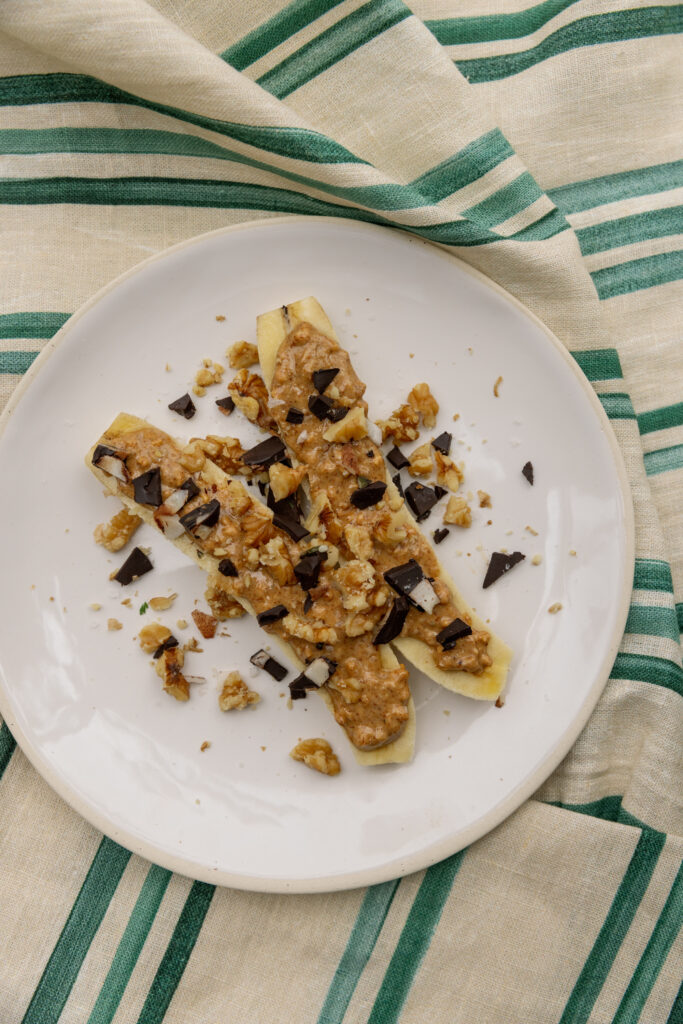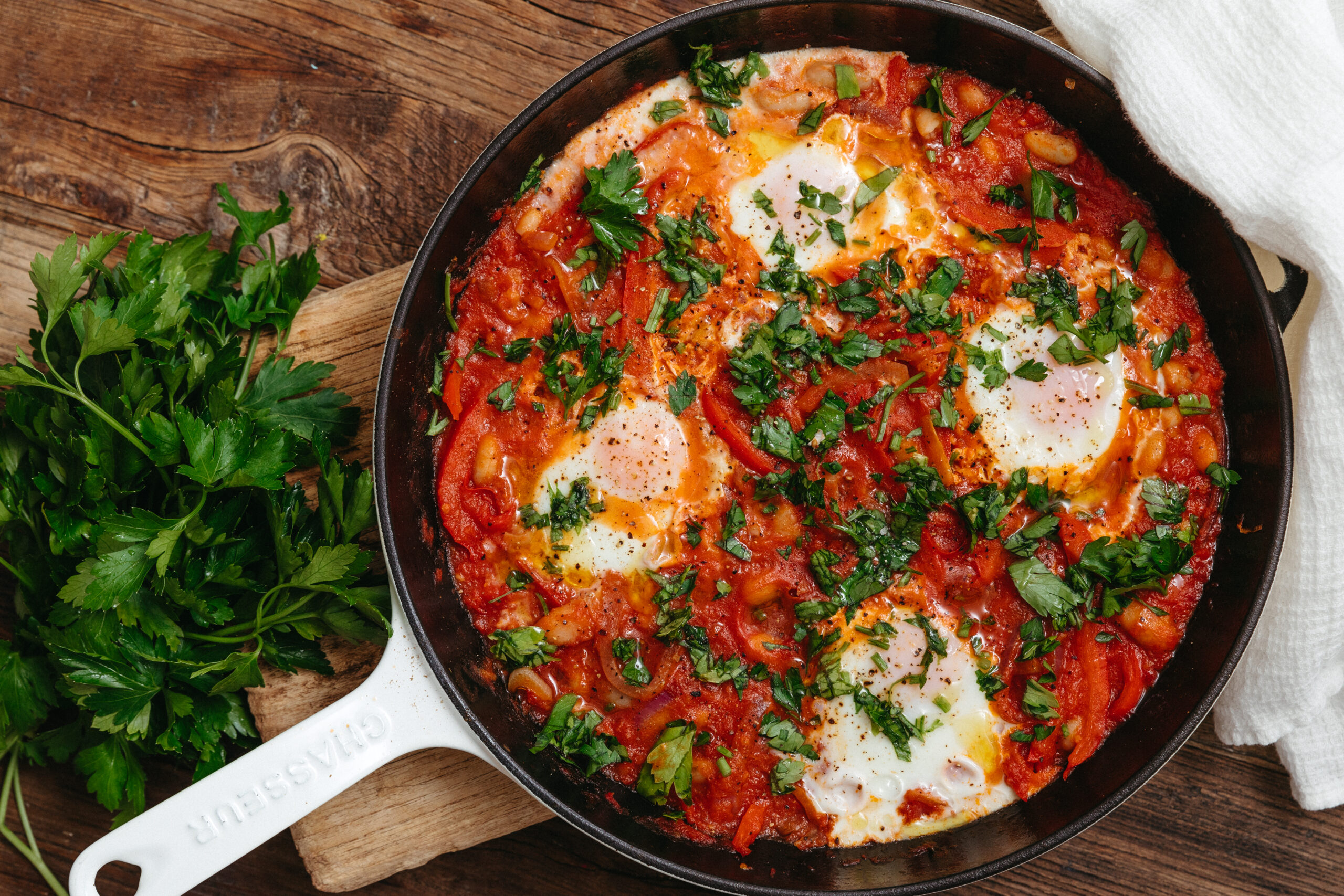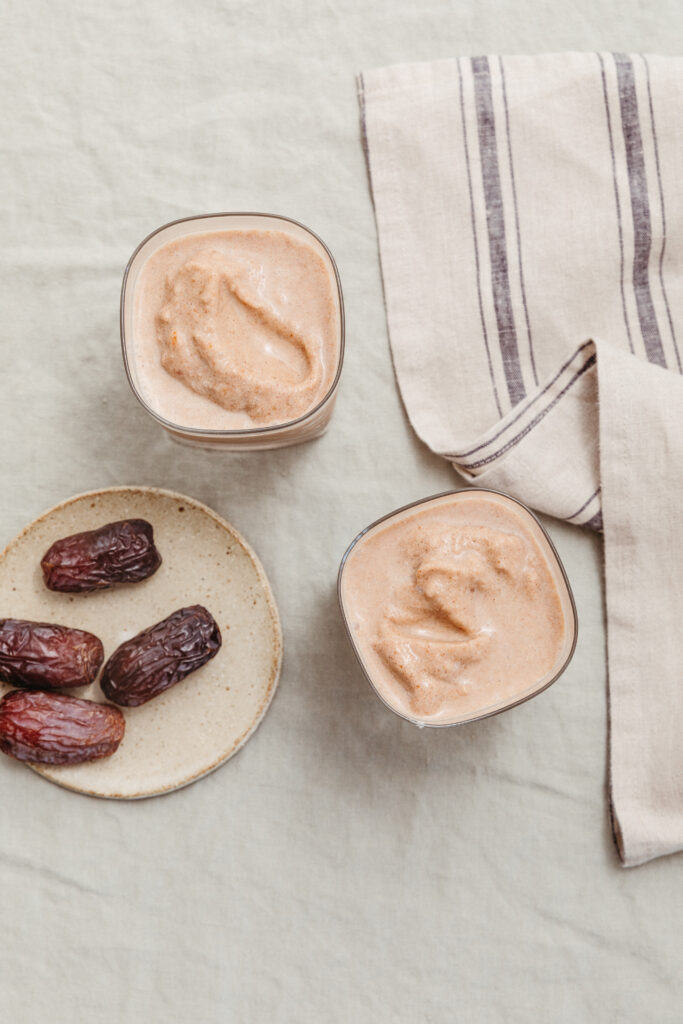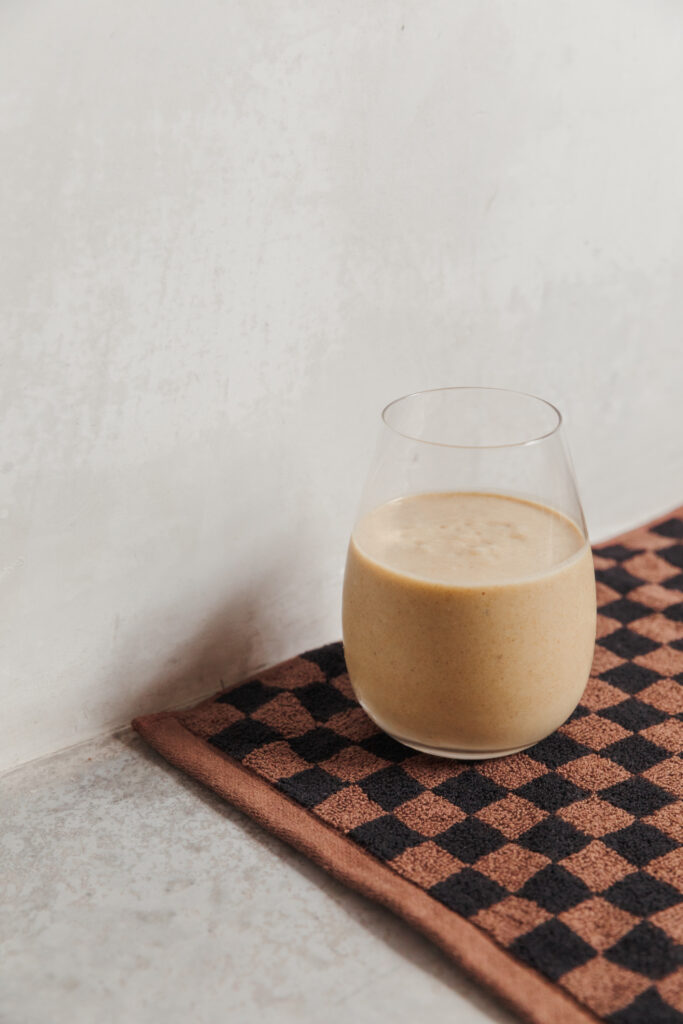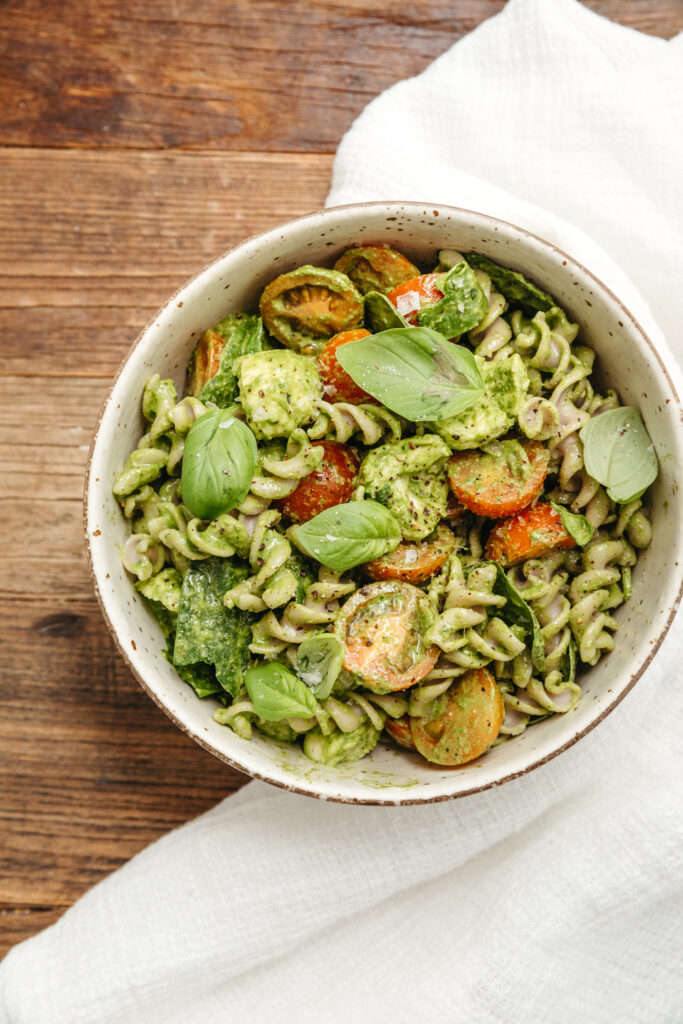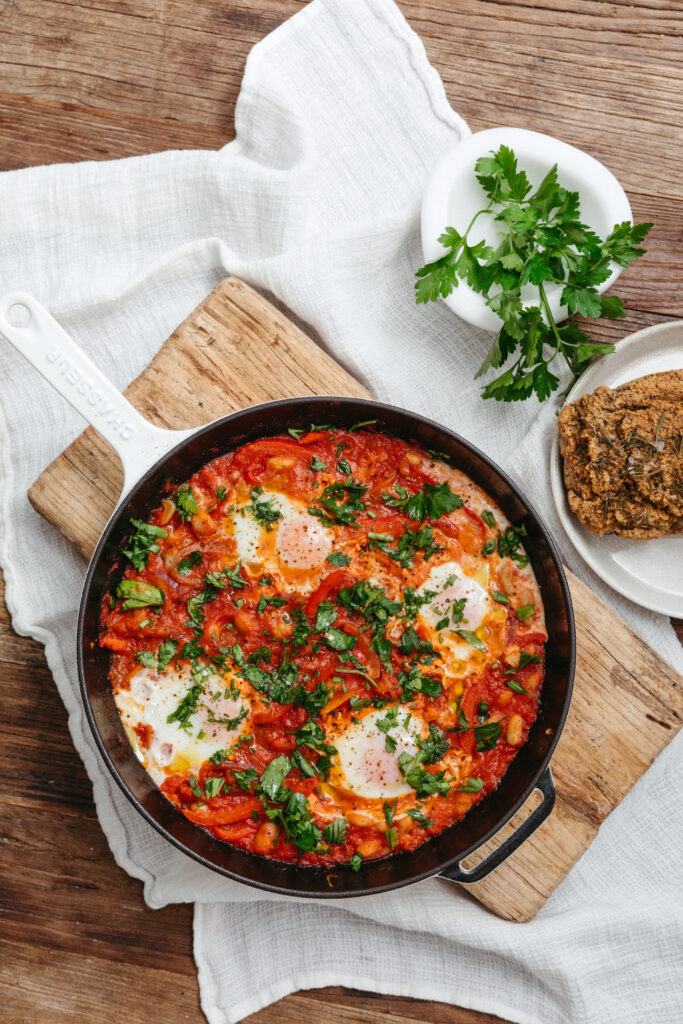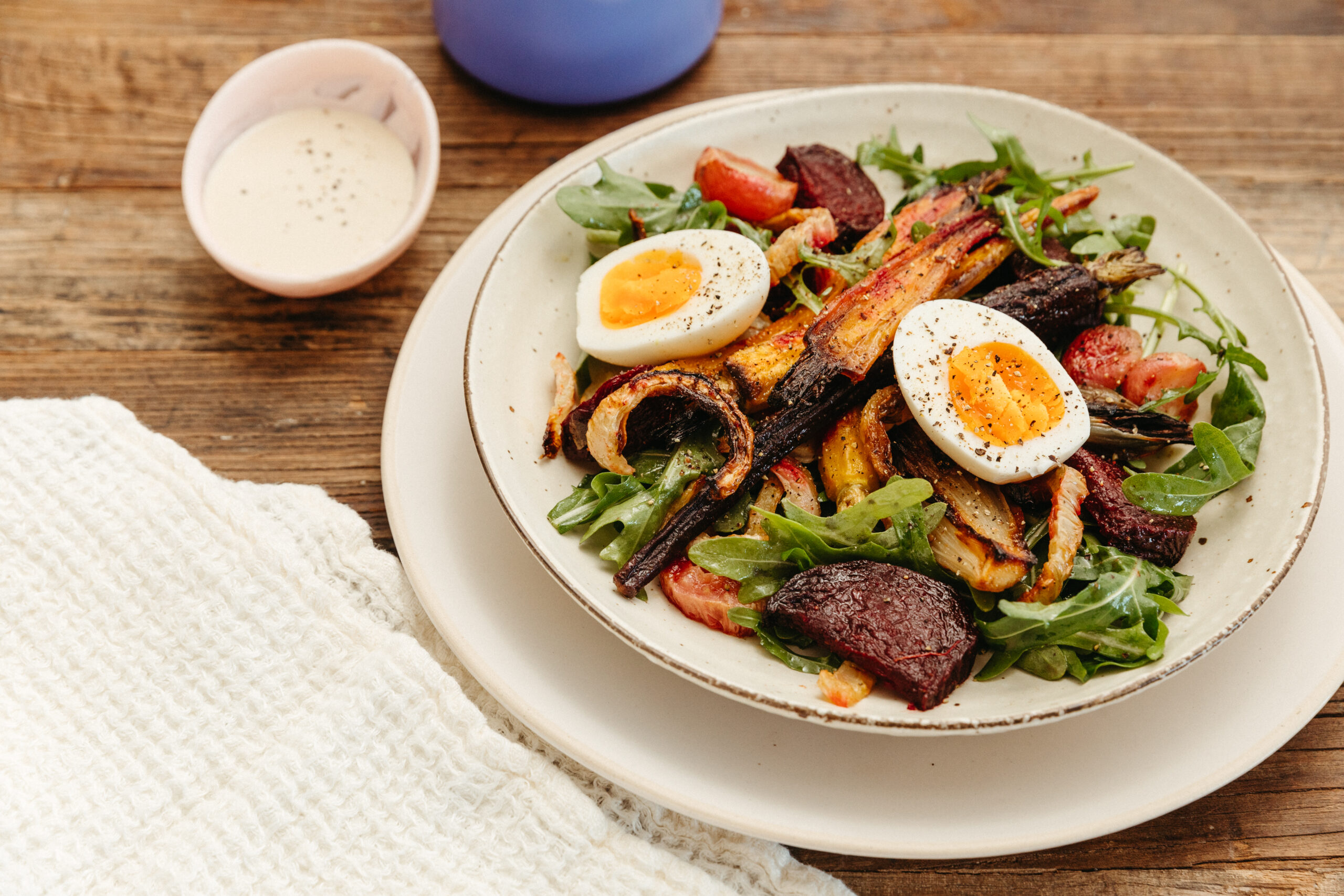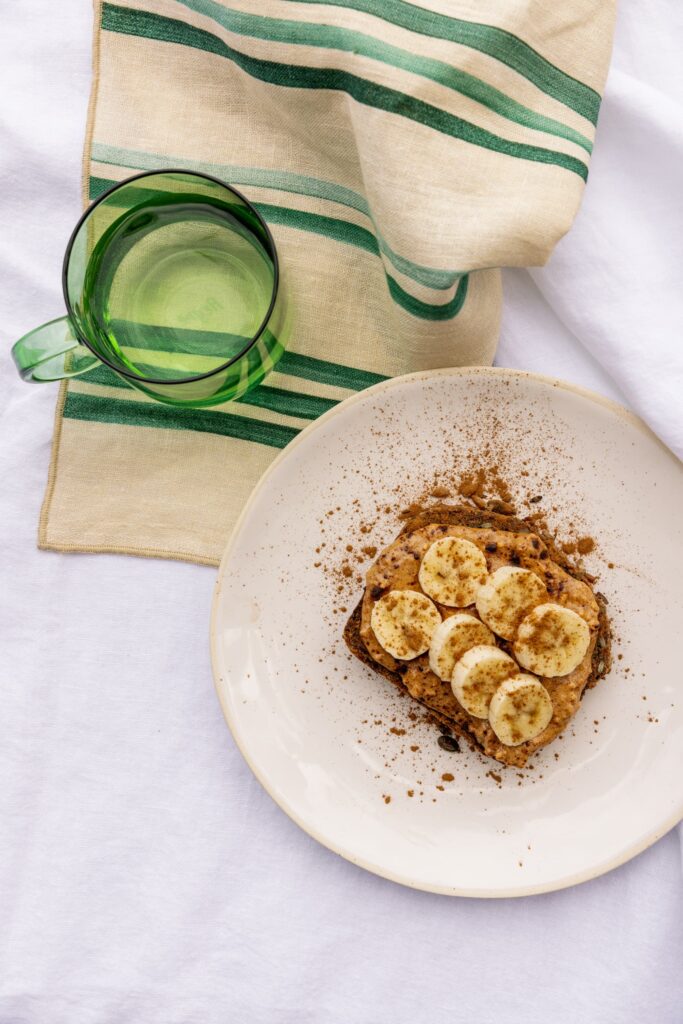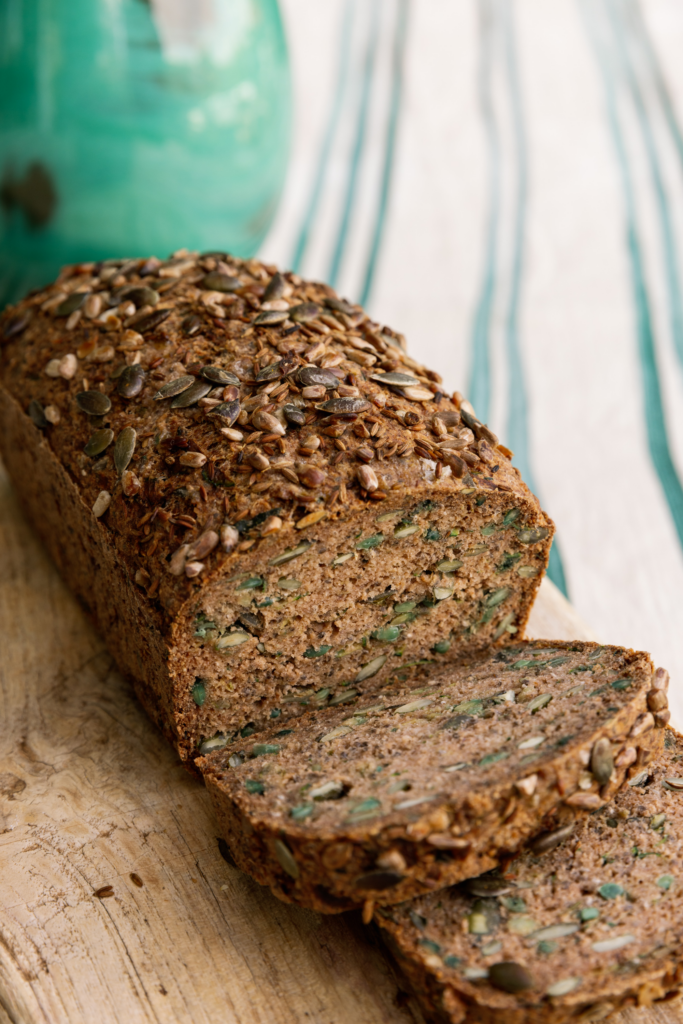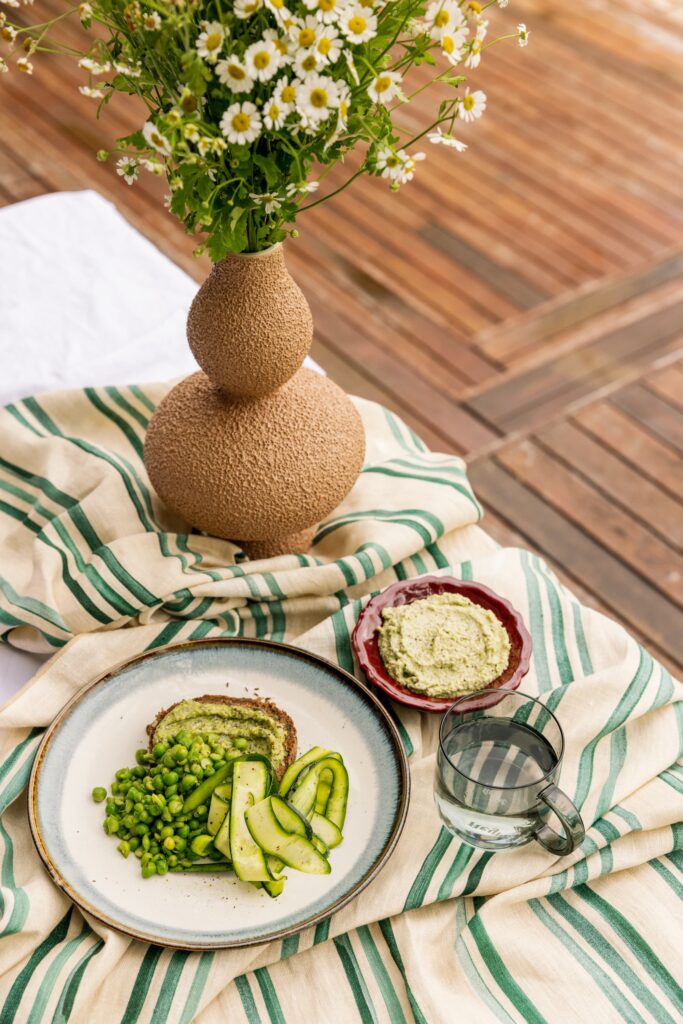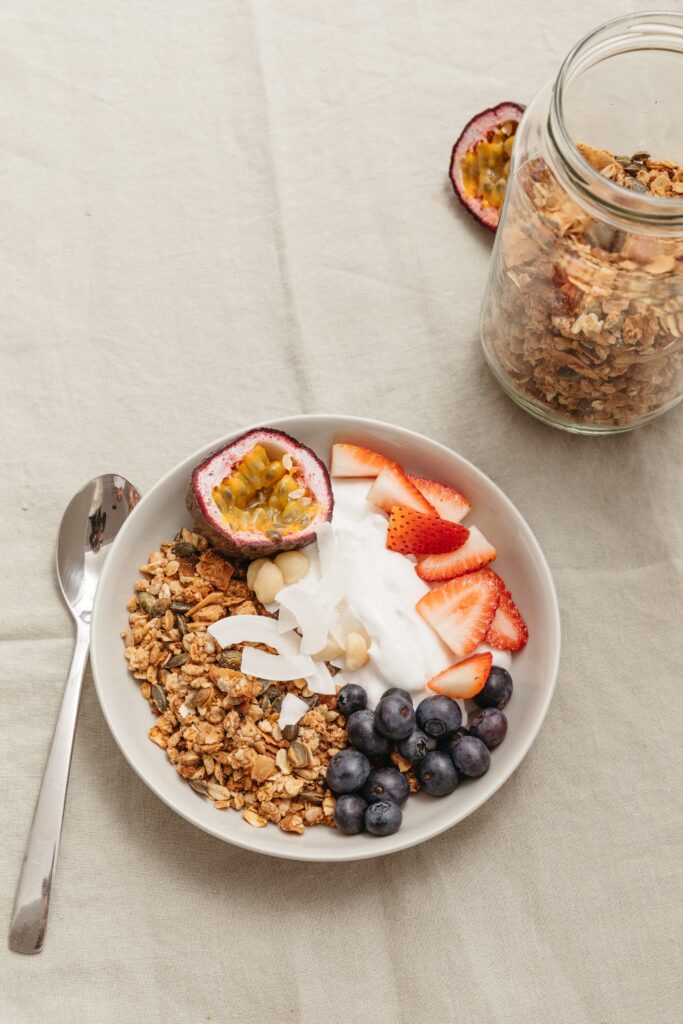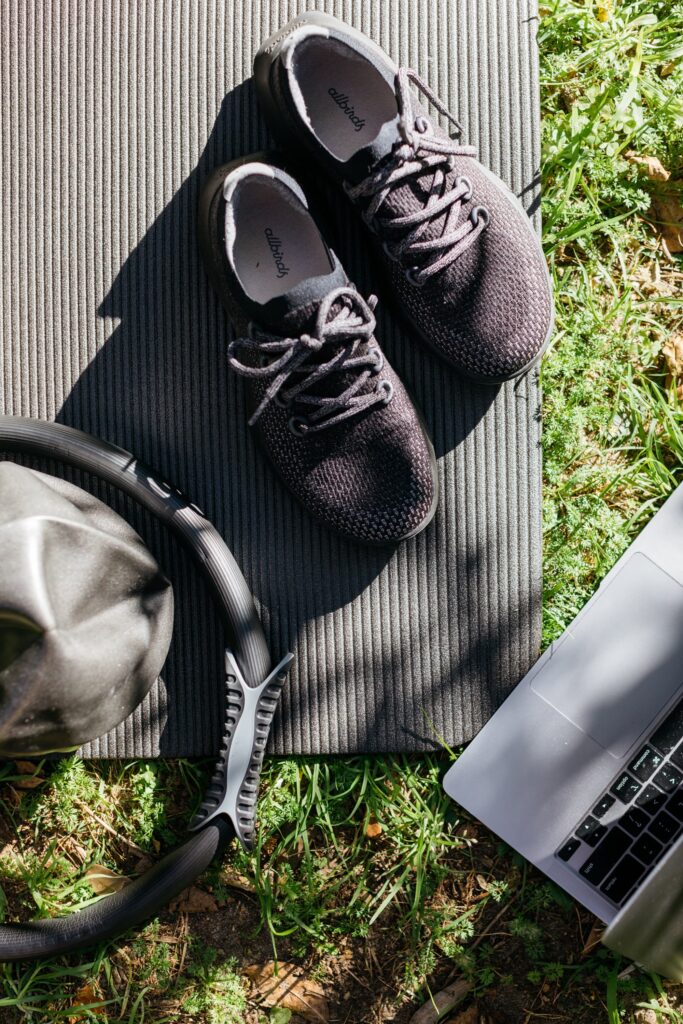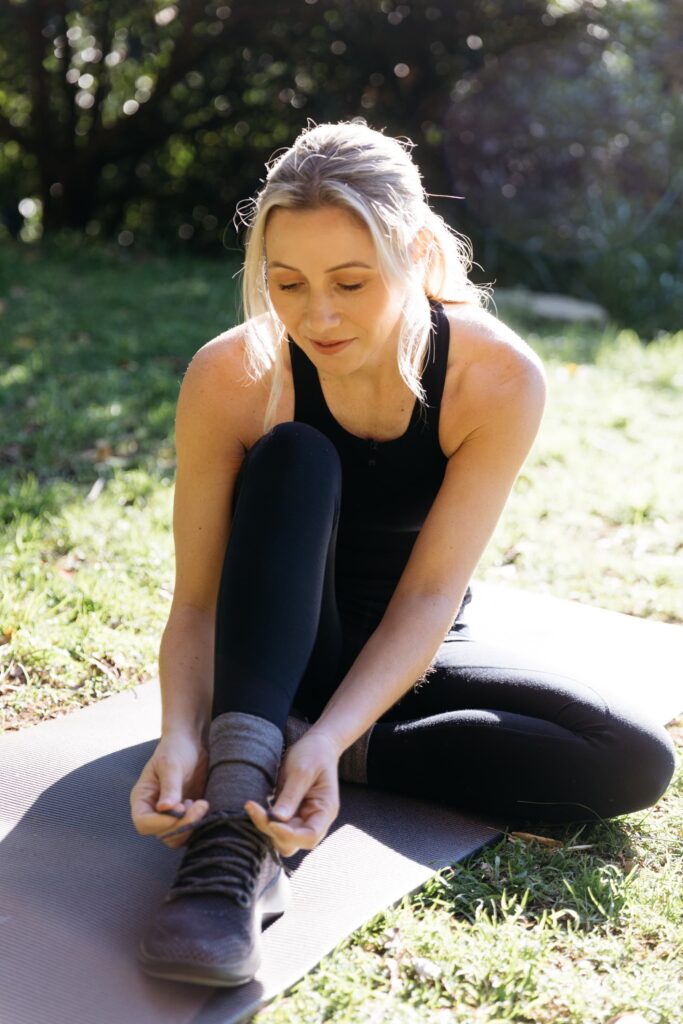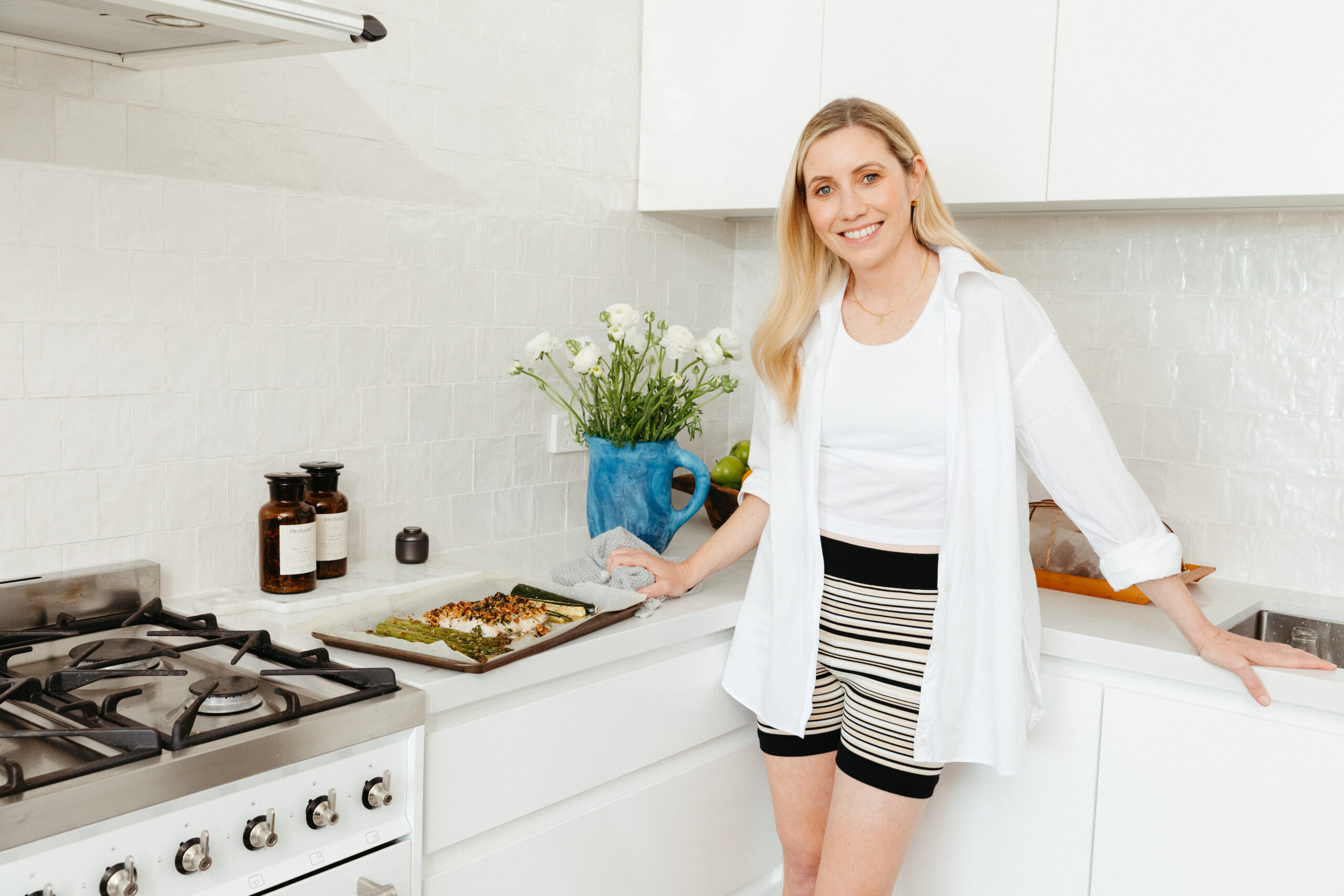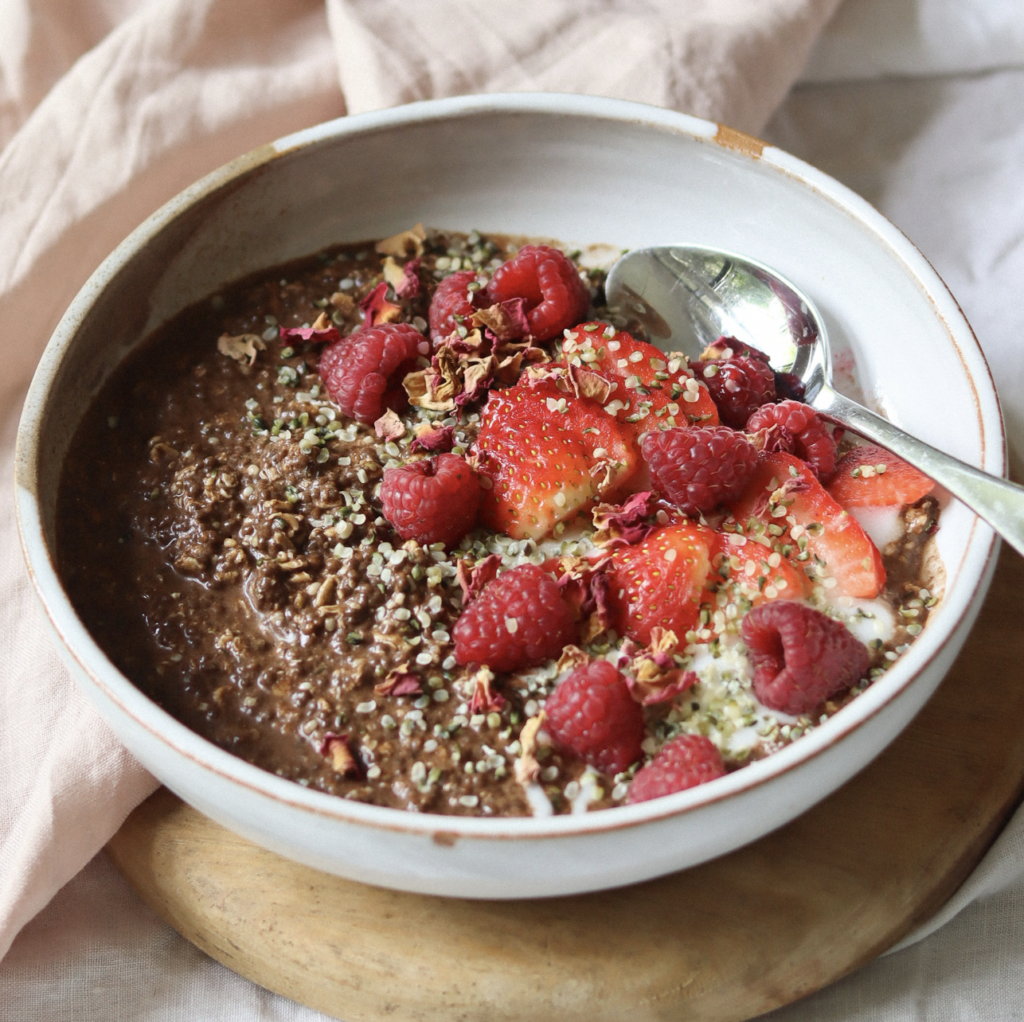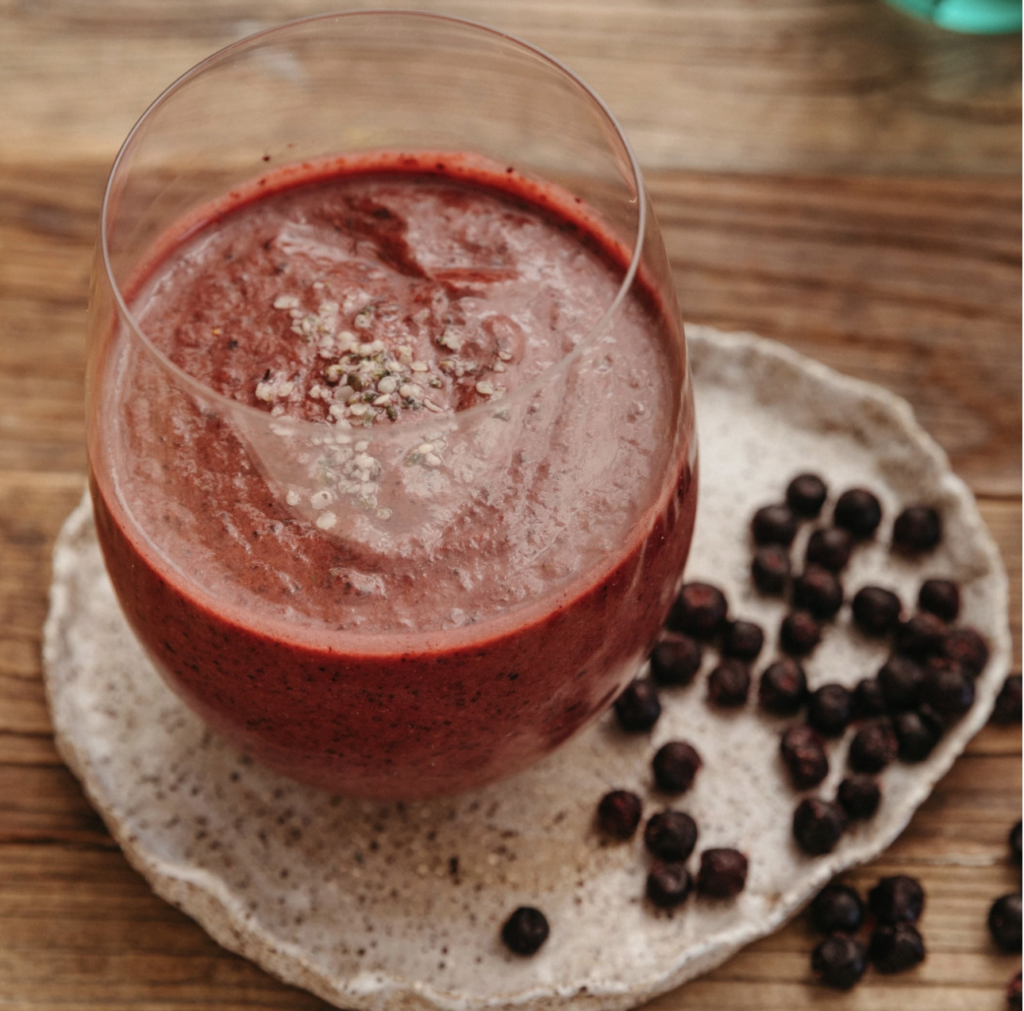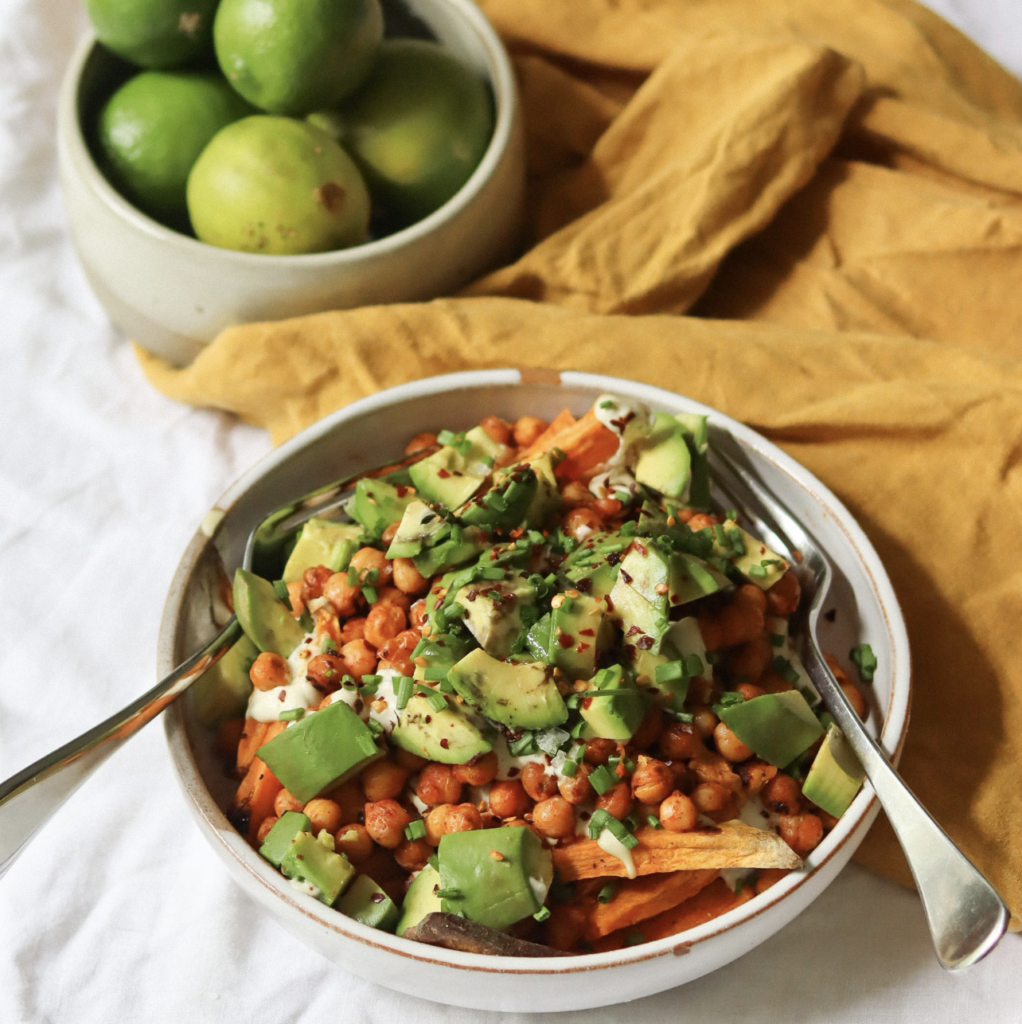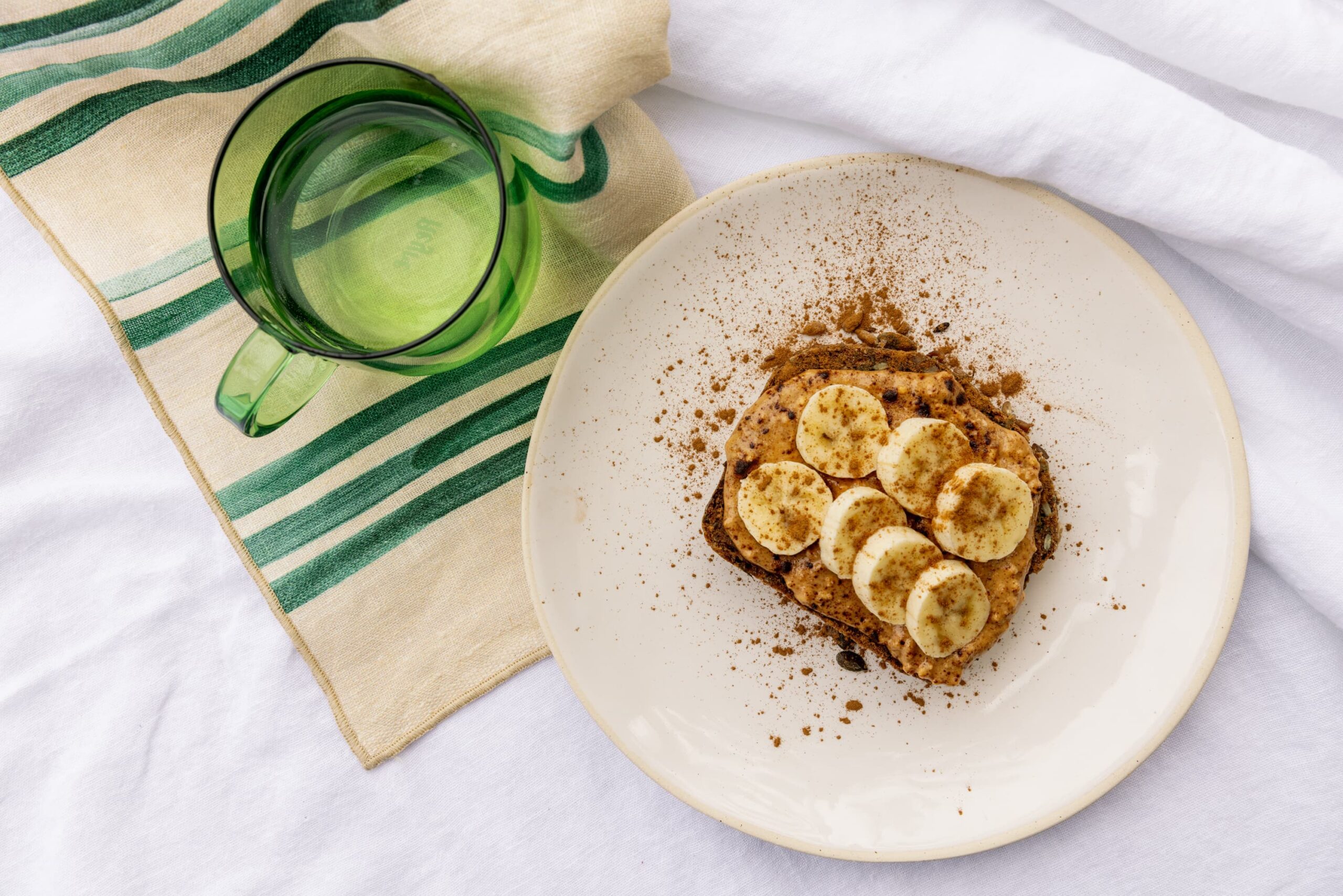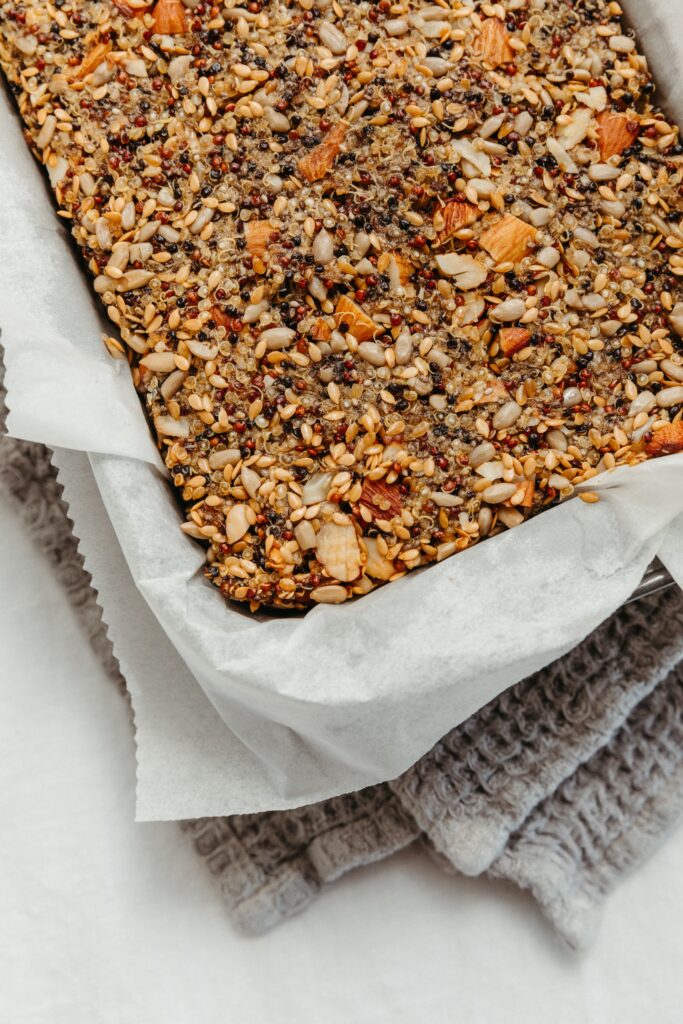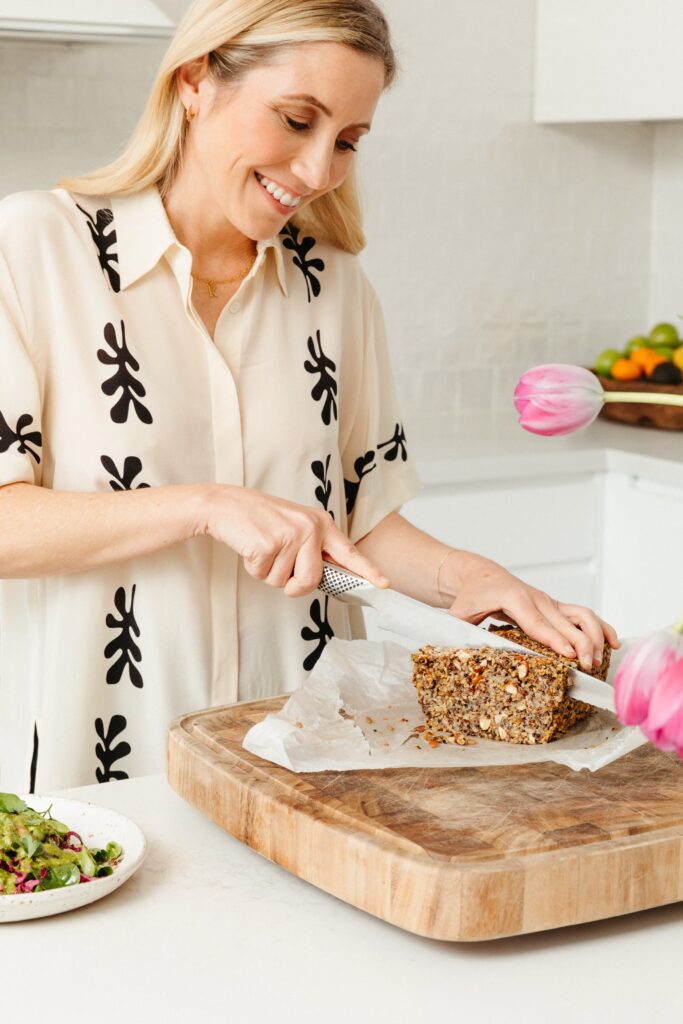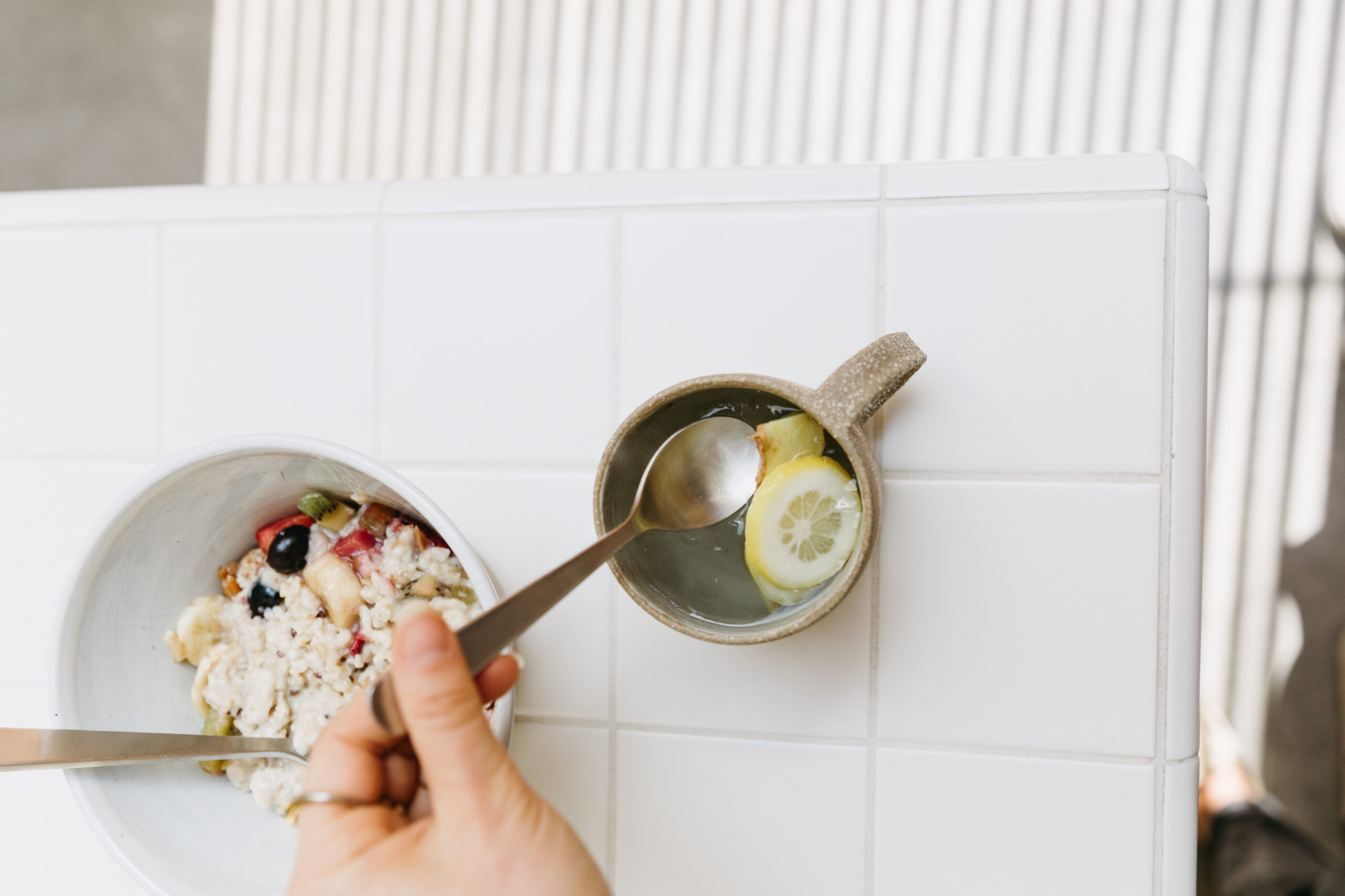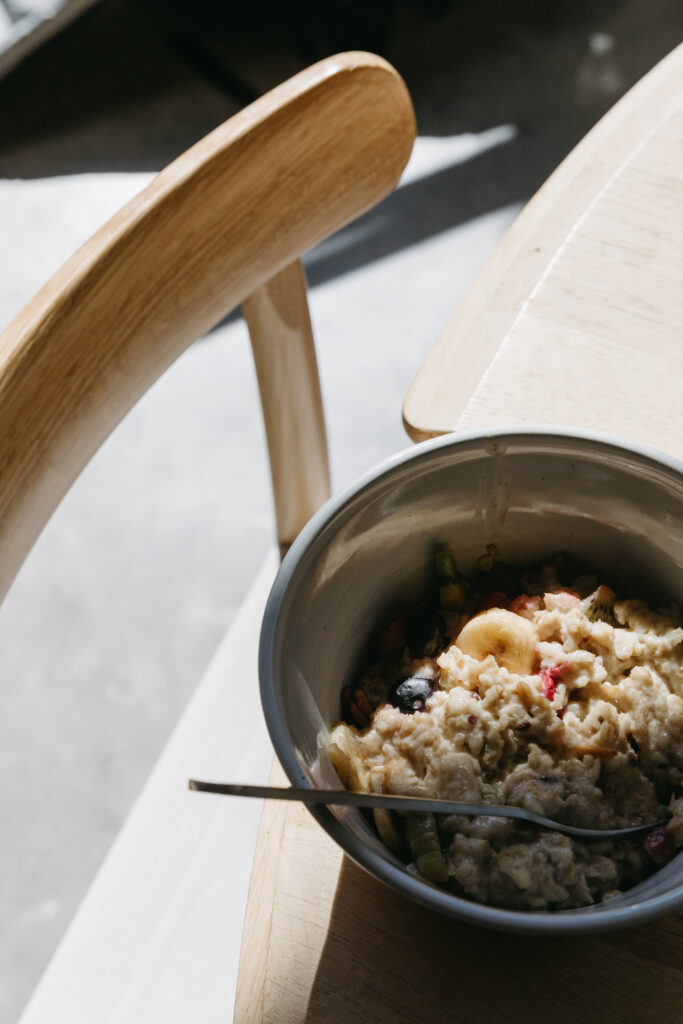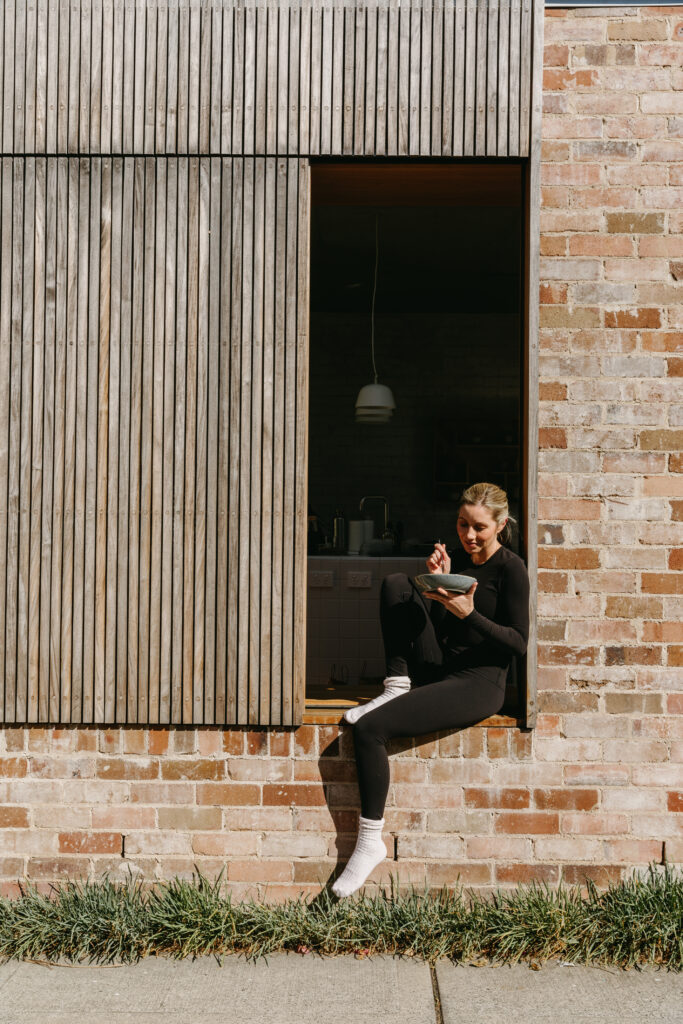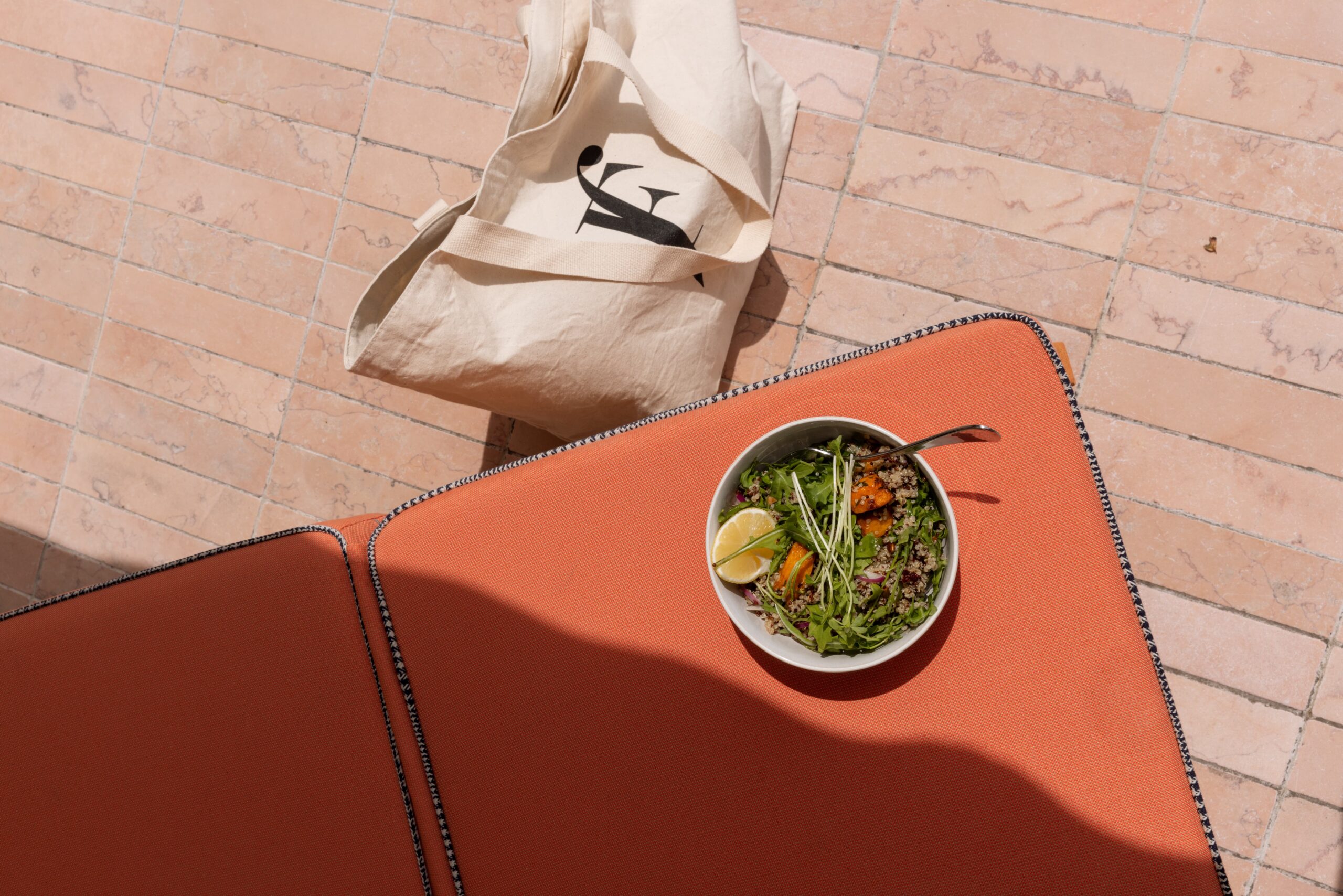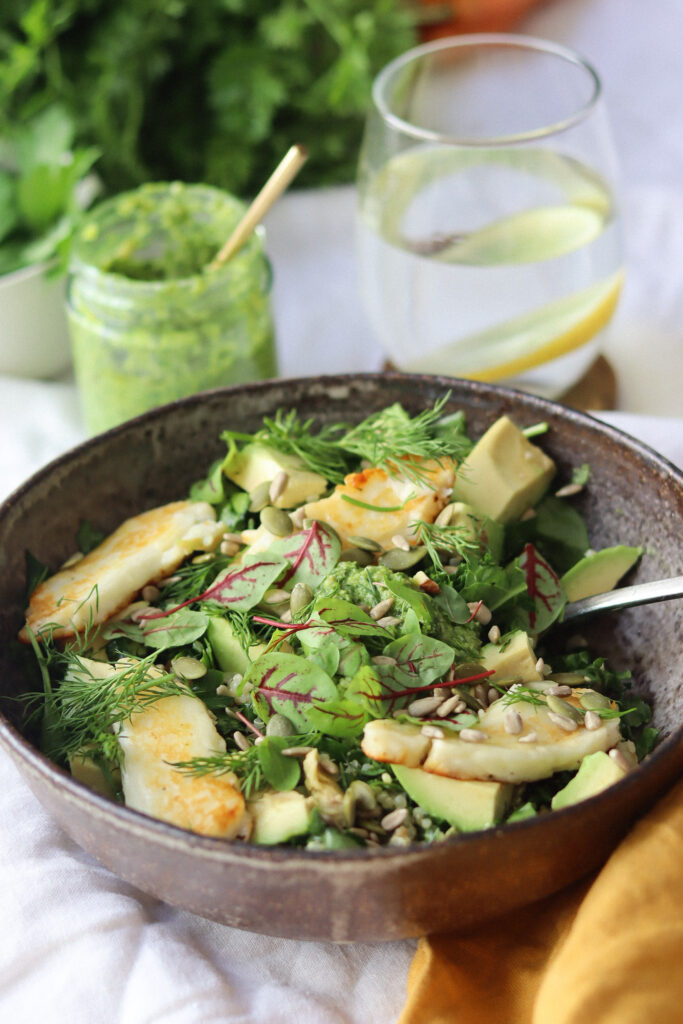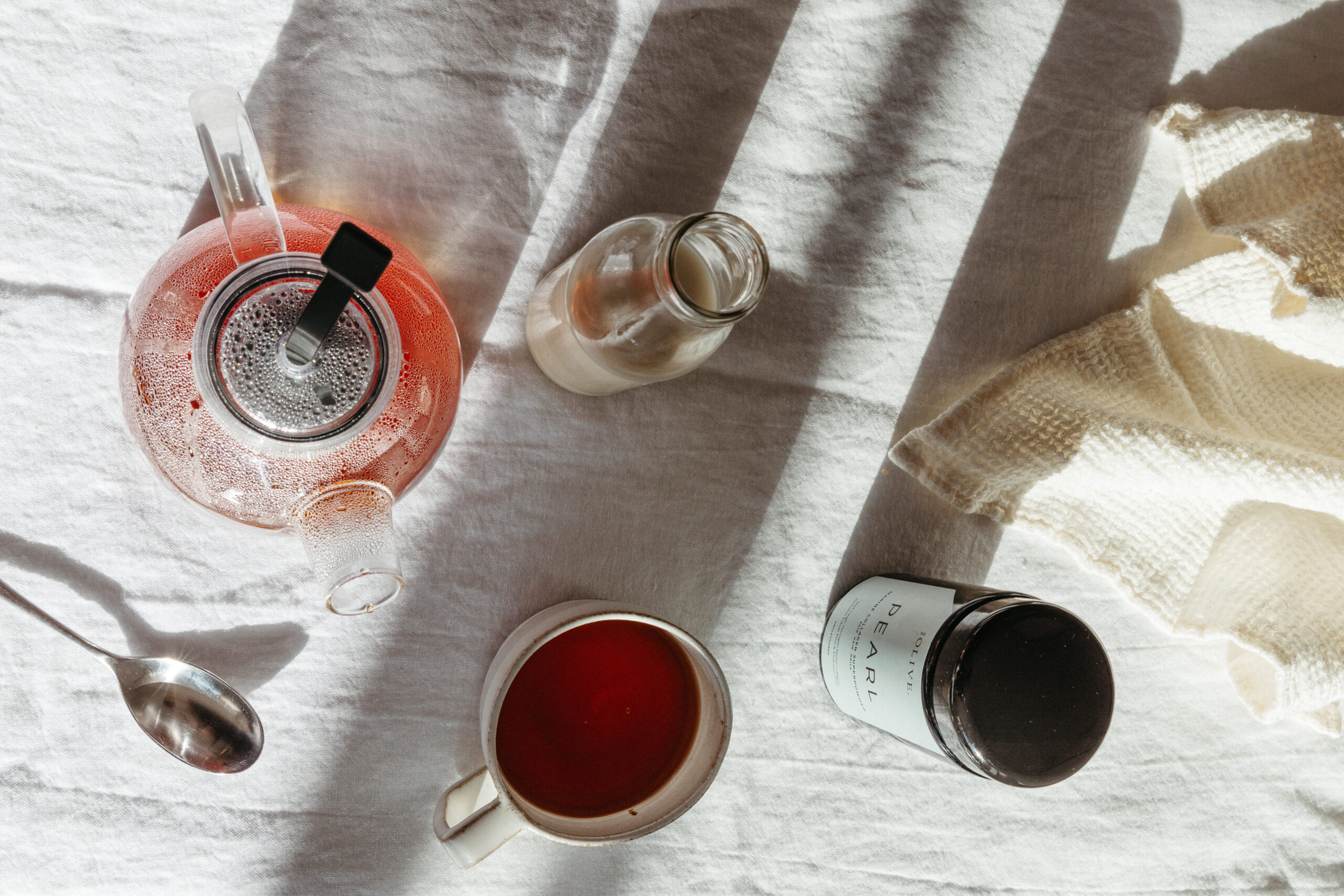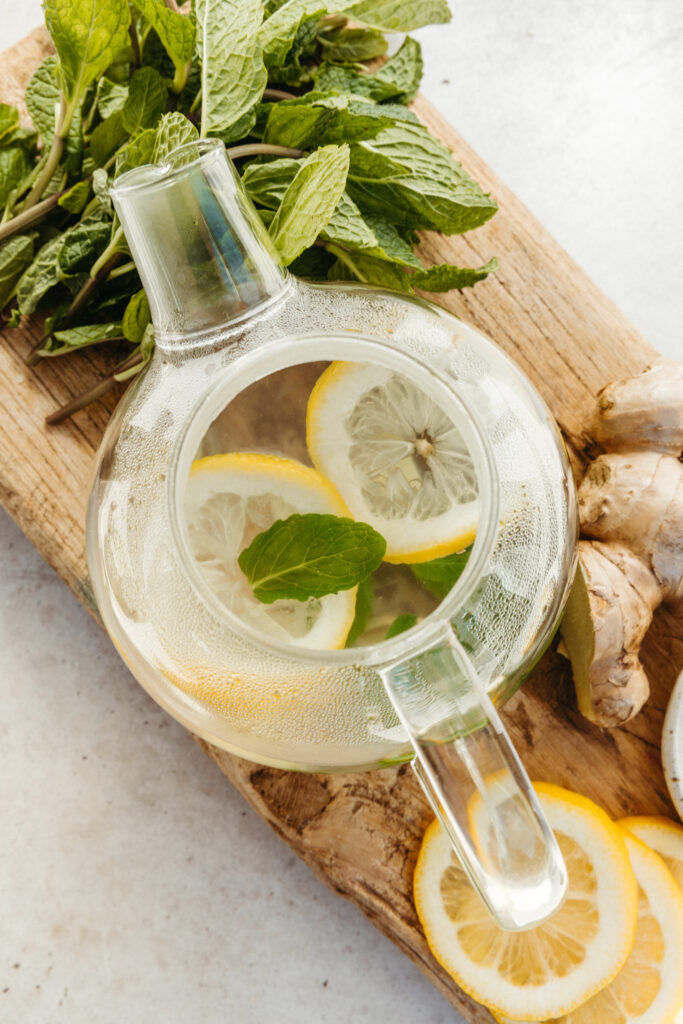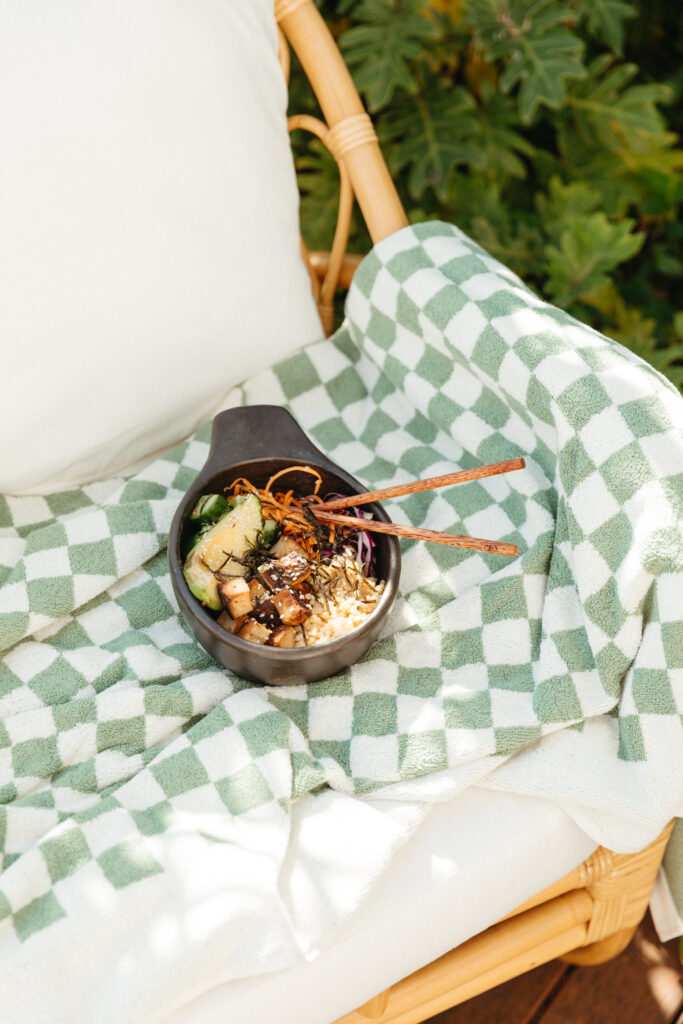“Before anything else, preparation is the key to success.” And when it comes to your nutrition – preparation maximises your efficiency in the kitchen, supports a balanced diet and minimises room for unhealthy snacking, skipped or highly processed, low-nutrient meals.
“I am curious, for those of you that incorporated the meal plan, too, how are you enjoying it? I must confess I am surprised how tasty these meals are! I was afraid that I would be able to find the exact ingredients in my hometown / country, but so far so good! And they are very tasty, not bland as one would expect from detox meals. 10/10 from me!”
– Fluidform Member
Meal-prepping has become a trend you might associate with being “over-organised”, having extra time on your hands to plan your meals for the week and neatly pack tupperware of pre-cooked quinoa, activated overnight oats or pre-blended smoothies. But meal-planning doesn’t have to be complicated and can be far from “perfect”. Just a few simple tricks and setting aside a few hours on a Sunday to bake a loaf of bread and roast some vegetables will save you hours during the week, when the last thing you feel like doing is cooking!
What are the benefits of meal-prepping?
- Eliminates stress around food
- Frees up your time to allow more time for productivity, rest, recovery or exercise
- Ensures you are fueling your body with healthy meals and snacks
- Eliminates time in the kitchen
- Cost-effective – reduces money spent on takeaway or eating out
Tips to meal-prepping
Here are some of my favourite tips to meal-prepping, to save time in the mornings and evenings and avoid opting for takeaway options during the week, or worse, skipping meals all together. Plus, it allows more time for a morning workout or evening stretch when I don’t have my hands full in the kitchen!
- Make a litre of chia pudding. Soaked chia seeds are an excellent source of fibre, easy on the stomach and keep you feeling full all morning. The best part is, you can mix up your toppings to keep your breakfast interesting everyday of the week. My tip – triple this Chia Seed Pudding recipe on Sunday and enjoy this healthy, gut-loving recipe all week, ready in under 5 minutes.
- Bake your bread! Our seed bread is famous for its gut-loving ingredients and various ways to be enjoyed. Whether you’re a sweet or savoury breakfast person, or love a soup or salad for dinner, this bread can be added to almost all your meals for an extra dose of protein and fibre. My tip – bake a loaf of our Seed Bread for the week and toast with each meal to keep it fresh and tasty. Top with avocado and eggs, serve with soup or enjoy a slice with banana, peanut butter and honey for something sweet.
- Dress-up your salads. Turn your salads from 0 to 100 with one of our delicious condiment recipes. We love bulk making our beetroot hummus, tahini dressing or healthy soy sauce to add to any salad for an extra boost of flavour and protein. My tip – make up to 3 different condiments to rotate between during the week, making each meal fresh and interesting.
- Drink your vitamins. One of my favourite ways to incorporate more herbs and vitamins into my day is through tea. Not only does tea soothe the digestive system, it feels like a warm hug with an afternoon snack or just before bed. My tip – make a batch of our Dandelion Root latte powder, Golden Turmeric paste or Spiced Hot Cacao mix to keep on hand for any time of the day.
So, meal-prepping does not need to be complicated! With just a few simple tips, you can set yourself up for a week of success to meet all your nutritional needs.
